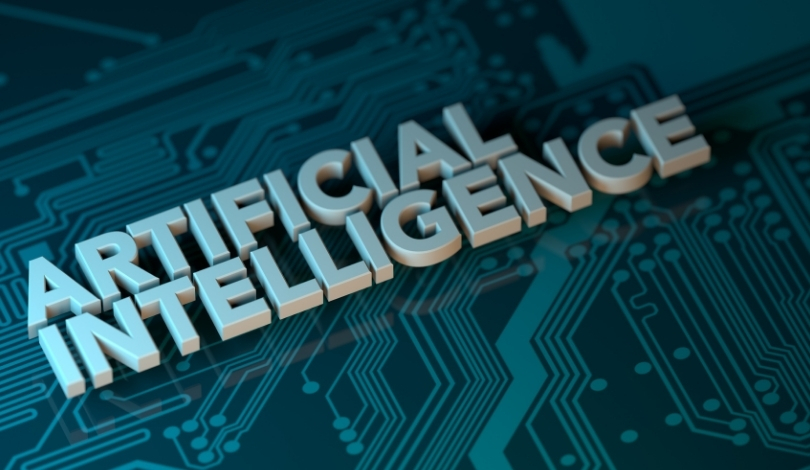Anthropic has deepened the understanding of its advanced language model, Claude, shedding light on its complex operational processes. This exploration not only demystifies Claude’s ability to generate human-like text but also highlights its versatile capabilities across various languages and creative tasks. The findings pave the way for more transparent and reliable AI systems in the future.
Earlier reports on Claude focused primarily on its performance metrics and user applications. In contrast, Anthropic’s latest research delves into the model’s cognitive processes and decision-making strategies. This shift towards understanding the “AI biology” marks a significant progression in AI research, aiming to enhance trust and safety in AI technologies.
How Does Claude Understand Multiple Languages?
Anthropic’s analysis revealed that Claude maintains a universal conceptual framework across different languages. By processing translated sentences, the model exhibits shared underlying features, suggesting a “language of thought” that transcends individual linguistics. This capability allows Claude to transfer knowledge seamlessly between languages, enhancing its multilingual proficiency.
How Does Claude Plan in Creative Tasks?
“Claude actively anticipates future words to meet creative constraints,”
Anthropic noted in their findings. The research found that during tasks like poetry writing, Claude doesn’t just generate text sequentially. Instead, it strategically plans ahead to ensure elements like rhyme and meaning align, showcasing advanced foresight in creative processes.
Can Claude Avoid Incorrect Reasoning?
The study identified instances where Claude produced plausible-sounding but incorrect explanations, particularly in complex scenarios. This highlights the model’s vulnerability to generating misleading information when faced with challenging problems or deceptive prompts. Monitoring these behaviors is crucial for developing safeguards against potential misinformation.
The insights provided by Anthropic into Claude’s inner mechanisms are instrumental in advancing AI reliability and transparency. Understanding how Claude processes languages, plans creatively, and handles reasoning errors facilitates the development of more robust and trustworthy AI systems. These findings not only contribute to scientific knowledge but also inform best practices for implementing AI technologies that align with human values and maintain public trust.










